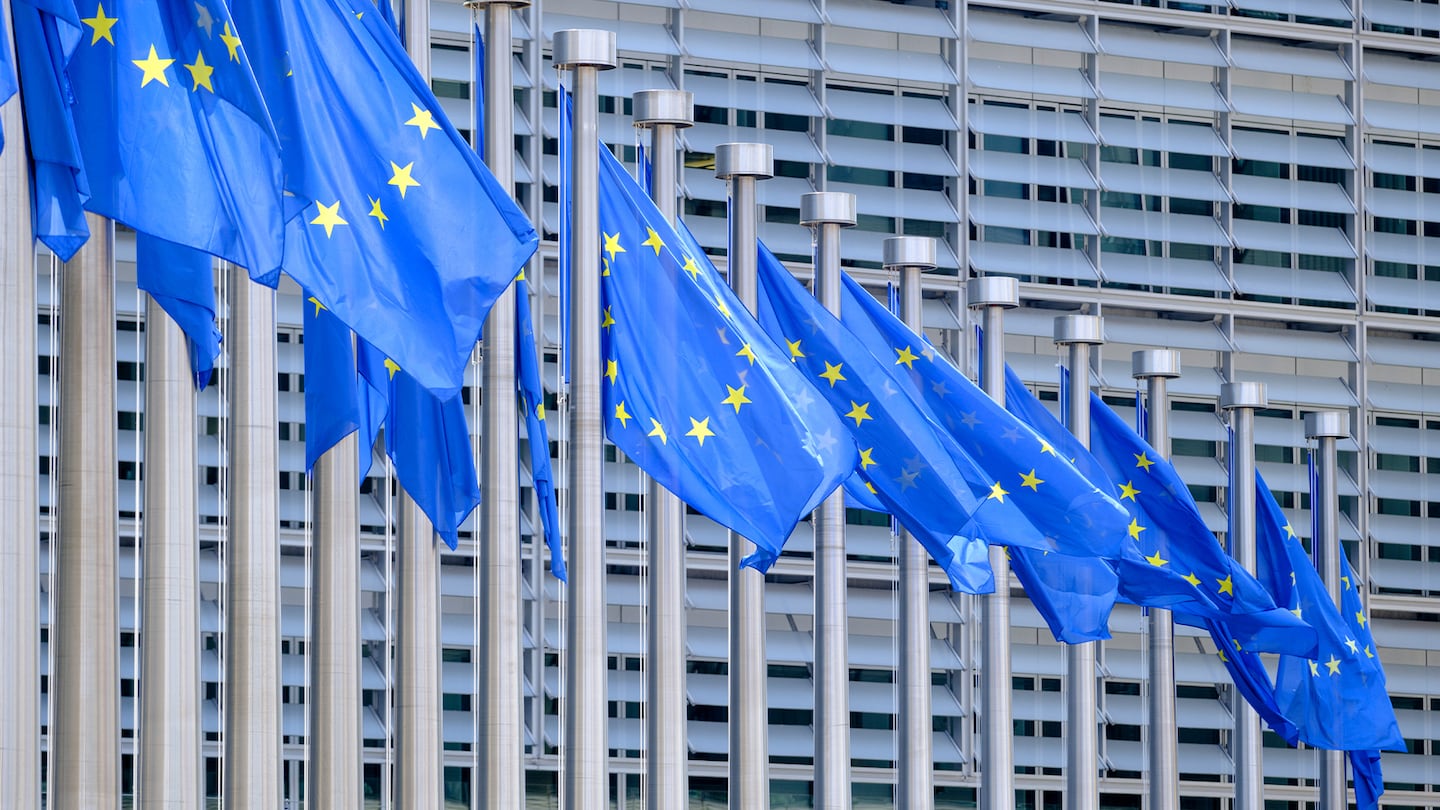
The Business of Fashion
Agenda-setting intelligence, analysis and advice for the global fashion community.

Agenda-setting intelligence, analysis and advice for the global fashion community.

European policy makers have laid out ambitions to end fast fashion. The proposed regulations will change the entire industry.
Industry bodies including France’s Fédération de la Haute Couture et de la Mode, Italy’s Camera Nazionale Della Moda Italiana and the UK’s British Fashion Council have spent the last year considering the potential impact on the sector they represent. They’re not entirely happy.
Some of the planned regulations could dent the industry’s competitiveness and stifle creativity, according to a new position paper published by the European Fashion Alliance, a coalition of fashion councils formed last June to lobby on behalf of the fashion industry.
The European Union is taking aim at the fashion and textile sector as part of its Green Deal, a policy initiative geared towards bringing Europe’s economy in line with global ambitions to stave off the worst effects of climate change.
ADVERTISEMENT
Textiles count among the bloc’s most polluting sectors, accounting for as much as six percent of its overall environmental impact, according to the European Commission’s Joint Research Centre.
The EU’s sustainable-textile strategy aims to transform the industry by the end of the decade, introducing new rules around design to make sure products are longer-lasting and easier to repair and recycle as well as tighter controls on greenwashing, greater disclosure requirements and more accountability for what happens to clothes that can’t be sold or are no longer wanted.
The ambitions jive with the EFA’s stated goal to foster sustainability across European markets, but some details have the industry concerned.
Plans to make companies disclose information about volumes of unsold and discarded inventory would mean making public “highly sensitive data,” the EFA warned. Instead, such information should be made available exclusively to officials, the group said.
Durability requirements also pose a challenge for luxury labels, whose clothes often aren’t designed to withstand the rigorous wash tests typically used to measure how long clothes might last. New metrics that take into account things like consumer care, quality, reusability and repairability are needed to measure durability in a more “holistic way,” according to the EFA.
A proposed ban on the destruction of unsold products touched a nerve as high-end labels have historically preferred to burn unsold and damaged items rather than expose their exclusive image to the risks that come with heavy discounts, grey market sales and counterfeiters. Any ban should only apply to products that are fit for sale and include carve outs for counterfeit goods, prototypes and samples, the EFA said.
Mandatory minimums for recycled content would restrict creative freedom and result in lower quality products, it added. The focus should be on promoting the use of other low-impact materials “rather than the implementation of unreasonable requirements,” according to the EFA.
Other moves to increase recycling requirements or introduce digital product passports need to take into account the current limits of technology and the industry’s data gathering capabilities, the EFA argued.
ADVERTISEMENT
European legislators have signalled they strongly back tougher regulation of the fashion industry, but exactly what that will look like is subject to tough and ongoing policy debates.
Industry for its part is stepping up lobbying efforts, with a particular eye on a pending draft of requirements to make products that are longer-lasting, easier to repair and recycle.
Policies need to be “feasible, yet ambitious,” the EFA said.
For more BoF sustainability coverage, sign up now for our Weekly Sustainability Briefing by Sarah Kent.
Over the last decade, the industry has ratcheted up its spending on lobbying efforts in the US. Now, emerging sustainability regulations are drawing increased attention.
Fashion brands will need to back up ‘green’ claims or risk fines of at least 4 percent of annual revenue in the offending market. But the regulations still leave a lot open to interpretation.
New transparency requirements in France are testing big brands from Louis Vuitton to Zara as they prepare for an oncoming wave of sustainability regulation.

Sarah Kent is Chief Sustainability Correspondent at The Business of Fashion. She is based in London and drives BoF's coverage of critical environmental and labour issues.
Europe’s Parliament has signed off rules that will make brands more accountable for what happens in their supply chains, ban products made with forced labour and set new environmental standards for the design and disposal of products.
Fashion’s biggest sustainable cotton certifier said it found no evidence of non-compliance at farms covered by its standard, but acknowledged weaknesses in its monitoring approach.
As they move to protect their intellectual property, big brands are coming into conflict with a growing class of up-and-coming designers working with refashioned designer gear.
The industry needs to ditch its reliance on fossil-fuel-based materials like polyester in order to meet climate targets, according to a new report from Textile Exchange.